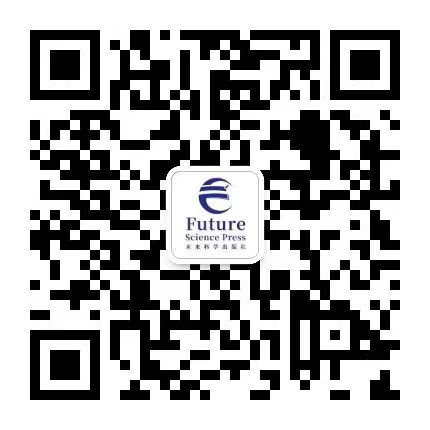作者:Feng Jiaqi
院校:Zhejiang University of Traditional Chinese Medicine, China
moral education; shortcomings; challenges; improvement directions; comprehensive curriculum; teacher training; active learning; experiential education; cultural diversity; technology integration; digital citizenship
References
[1]Ozaki, R. (2016). Lessons from the Great East Japan Earthquake: Developing a Resilient Society. Asian Affairs, 27(1), 36-55.
[2]Aldrich, D. P. (2019). Building Resilience: Social Capital in Post-Disaster Recovery. University of Chicago Press.
[3]Henshall, K. G. (2013). A History of Japan: From Stone Age to Superpower. Palgrave Macmillan.
[4]Doi, T. (1986). The Anatomy of Dependence. Kodansha International.
[5]Takeuchi, Y., & Plath, D. (Eds.). (2018). Japanese Character: A Cultural Profile. Routledge.
[6]Shimahara, N. K. (Ed.). (2012). Moral education in Japan. Springer Science & Business Media.
[7]Ōmura, K., & Young, R. (2010). Moral Education in Japan. Encyclopedia of Applied Ethics, 2, 177-186.
[8]Finn, K. E. (2016). Earthquake preparedness and moral imagination in Japan: The ongoing communities-of-practice of civil society
organizations. Journal of Applied Communication Research, 44(1), 27-47.
[9]Ishikawa, Y., Shimada, T., Teramoto, E., Suzue, T., Ohno, A., & Zhu, G. (2012). Community-based lifestyle intervention for preventing
metabolic syndrome in Japan: A quasi-experimental study. BMC Public Health, 12(1), 1-10.
Copyright © 2021-2022 未来科学出版社 All Rights Reserved.
+65 6396 6190

微信二维码